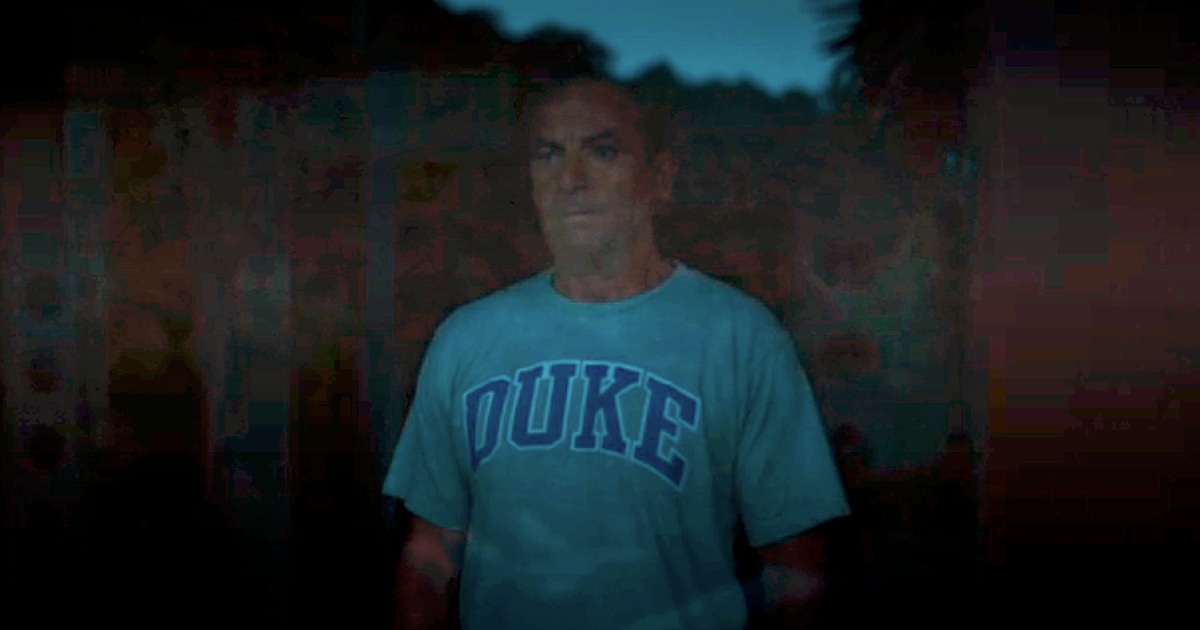Controversy Erupts as Duke University Responds to ‘White Lotus’ Scene Featuring Their Apparel
Duke University, a prestigious institution known for its academic excellence and vibrant campus culture, recently found itself at the center of a media storm following a controversial scene in HBO’s acclaimed series ‘White Lotus.’ The episode in question featured characters wearing Duke apparel during a sensitive scene that depicted suicide, leading to immediate backlash from the university and mental health advocates alike. This incident not only raises questions about the intersection of popular culture and mental health but also emphasizes the responsibility of media creators in how they portray serious topics.
Understanding the Scene and Its Impact
In the particular episode of ‘White Lotus,’ the characters donned Duke-branded clothing while engaging in a storyline that ultimately culminated in a tragic event. The portrayal of suicide in any form is a delicate matter, often triggering strong emotional responses from viewers and advocates for mental health awareness. Duke University quickly released a statement expressing their concerns over the use of their logo in connection with such a serious issue. The university emphasized that they are committed to promoting mental health awareness and that this portrayal does not align with their values.
The backlash against the show has sparked a wider conversation about the representation of mental health in popular media. Critics argue that using such imagery can desensitize audiences to the gravity of suicide, trivializing a subject that affects millions globally. The portrayal of sensitive topics in mainstream entertainment necessitates a careful balance between storytelling and social responsibility.
The Broader Context of Mental Health in Media
Media plays a significant role in shaping societal perceptions of mental health. According to a study published in the journal *Psychological Medicine*, portrayals of suicide in film and television can significantly influence public attitudes towards mental health issues. When handled poorly, such representations can contribute to stigma, misinformation, and even copycat behavior among vulnerable individuals.
- Stigma Reduction: Conversely, positive representation can help reduce stigma surrounding mental health. Shows that address these issues with sensitivity can promote understanding and encourage individuals to seek help.
- Responsibility of Creators: Creators of media content bear a responsibility to depict mental health issues accurately and sensitively. The impact of their work can extend beyond the screen, influencing public discourse and individual perceptions.
- Viewer Sensitivity: Audiences are increasingly aware of how mental health is portrayed in media. Many viewers advocate for responsible storytelling that reflects the complexities of mental health challenges without sensationalism.
Reactions from the Public and Mental Health Advocates
The public’s reaction to the Duke University incident has been mixed. While many support the university’s stance, others argue that creative expression should not be stifled by concerns over how sensitive topics are depicted. Social media platforms erupted with discussions, highlighting the fine line between artistic freedom and ethical responsibility.
Mental health advocates have praised Duke University’s response, viewing it as a necessary stand against the trivialization of suicide. According to Dr. Jennifer Lee, a clinical psychologist, “When institutions like Duke take a stand, it sends a message that mental health is a priority and should be treated with the utmost respect in all contexts.” Advocates emphasize the importance of creating a dialogue around mental health that prioritizes empathy and understanding.
The Role of Universities in Mental Health Advocacy
As institutions of higher learning, universities like Duke play a critical role in mental health advocacy. They are not just educational establishments; they are communities that must prioritize the well-being of their students. Following the backlash from the ‘White Lotus’ episode, Duke has reiterated its commitment to mental health resources, including:
- Increased Awareness Campaigns: Programs aimed at raising awareness about mental health issues on campus.
- Accessible Resources: Providing accessible mental health resources for students, including counseling and support groups.
- Collaborative Initiatives: Partnering with organizations to promote mental health education and advocacy both on and off campus.
Potential Changes in Media Representation
The controversy surrounding the Duke apparel in ‘White Lotus’ may lead to more conscientious media representation of mental health issues. Creators may feel compelled to engage with mental health professionals when crafting narratives that involve sensitive topics. This collaborative approach can enhance the authenticity of portrayals while fostering a more informed public discourse.
Furthermore, the backlash may serve as a wake-up call for networks and streaming services to implement guidelines for depicting mental health issues responsibly. Such measures could include:
- Consultation with Experts: Engaging mental health professionals during the writing and production process.
- Trigger Warnings: Including disclaimers or trigger warnings before episodes that contain sensitive content.
- Resource Accessibility: Providing viewers with information about mental health resources at the end of episodes featuring sensitive content.
Conclusion: A Path Forward
The controversy erupting from Duke University’s response to ‘White Lotus’ serves as a critical reminder of the intersection between media representation and mental health awareness. As society continues to grapple with these complex issues, it is imperative that both creators and institutions approach the topic of mental health with sensitivity and responsibility.
Through open dialogue, educational initiatives, and thoughtful representation, there is potential for media to play a positive role in shaping perceptions of mental health. As viewers, we must advocate for narratives that reflect the realities of mental health challenges while promoting understanding and compassion. By doing so, we can foster a cultural environment that encourages individuals to seek help and support, ultimately reducing stigma and improving mental health outcomes for all.
See more CNET Live

